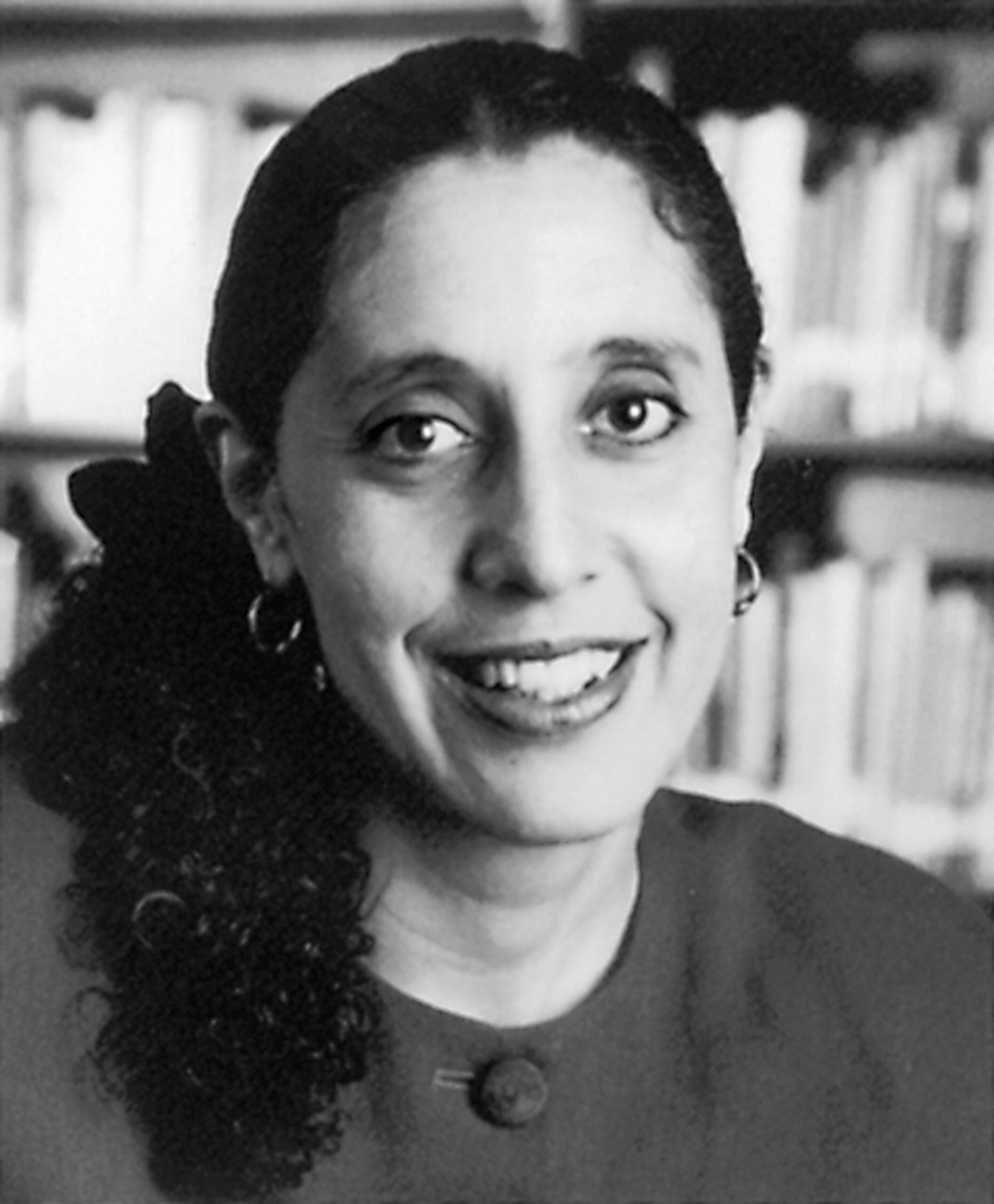On Oct. 4, Harvard Law School Professor Lani Guinier participated in a panel discussion on race and college admissions. The discussion, broadcast on C-SPAN, was hosted by The Century Foundation, a nonprofit, non-partisan research foundation that focuses on issues of equity and opportunity in the United States.
Participants discussed policy implications and the future of race-based affirmative action in higher education in light of Fisher v. University of Texas, the case before the United States Supreme Court concerning the affirmative action admissions policy at the University of Texas. On Oct. 10 the Court is scheduled to hear oral argument in the case.
Also participating in the discussion were: Ward Connerly of the American Civil Rights Institute, Richard Sander of UCLA School of Law, and Debo P. Adegbile of the NAACP Legal Defense and Educational Fund. Sam Fulwood III of the Center for American Progress moderated the discussion. Also taking part was Richard D. Kahlenberg, senior fellow at The Century Foundation and author of the report “A Better Affirmative Action,” which was released on Oct. 4.
The first woman of color appointed to a tenured professorship at the Harvard Law School, Guinier has taught at HLS since 1996. In 1998, she was appointed Bennett Boskey Professor of Law. Prior to HLS, Guinier held a tenured professorship at the University of Pennsylvania Law School. Guinier also held the position of special assistant to Assistant Attorney General Drew S. Days, III in the Civil Rights Division of the United States Department of Justice, and she served throughout the 1980s as assistant counsel for the NAACP Legal Defense & Educational Fund.
Guinier has published many articles and books, including “The Miner’s Canary: Enlisting Race, Resisting Power, Transforming Democracy” (with Gerald Torres, Harvard University Press 2002) and “Confirmative Action,” 25 Law and Social Inquiry 565 (2000). In her scholarly writings and in op-eds, she has addressed issues of affirmative action, race, gender, and democratic decision-making, and has sought new ways of critically addressing these issues while calling for candid public discourse on these topic.
